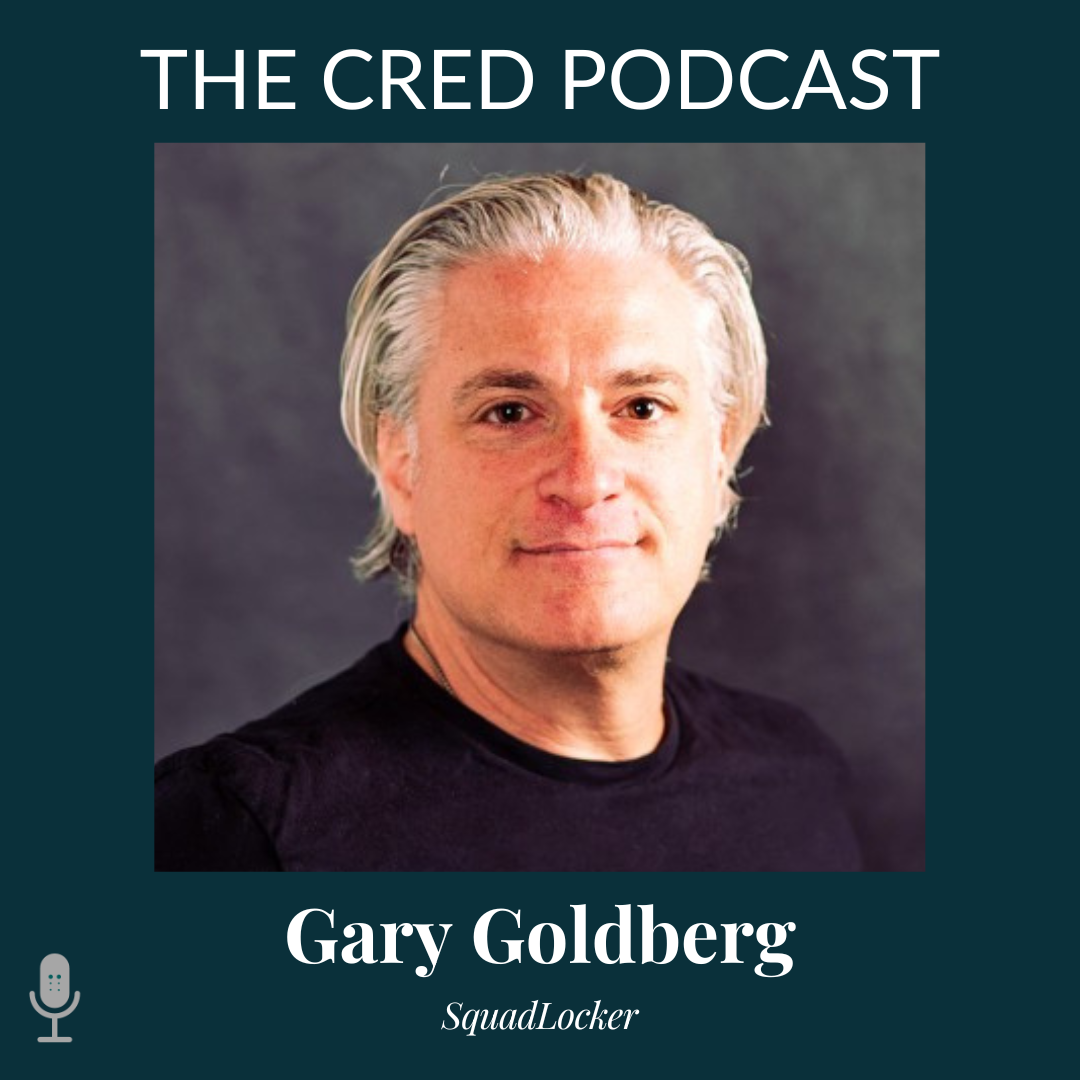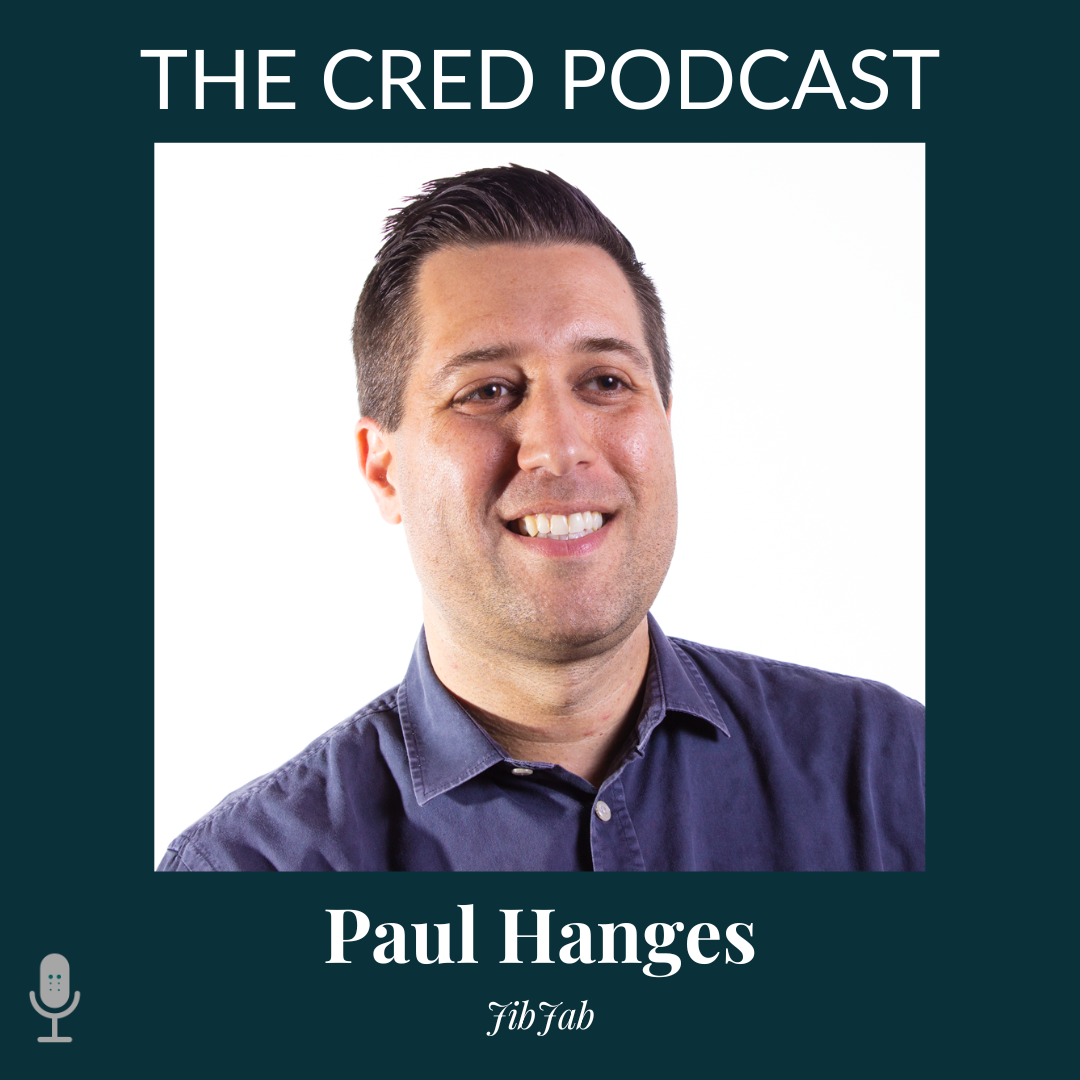The Role of Failure in Success with Gary Goldberg
In this episode of The Cred Podcast, host Mack McKelvey sits down with Gary Goldberg, Founder and President of SquadLocker, Inc., to explore the complexities of leadership, decision-making, and the powerful role of failure in success. Drawing from his early experiences observing his father build a successful textile business, Gary shares valuable insights that shaped his approach to leadership and innovation.
When it comes to decision-making, Gary stresses that everything should be wrapped in the company’s goals, cautioning that leaders often overlook the importance of communicating and truly contextualizing those goals for their teams. “Not only do we have to set goals and get people beating the drum to the mantra, but these people in their individual work style have to contextualize the mantra for their own passions.”
In this candid conversation, Gary also opens up about the challenges and rewards of managing people: “The hardest thing about businesses is the people. The best thing about businesses is the people.” He offers advice for aspiring leaders, encouraging them to embrace failure as a crucial part of the journey: “Take pleasure and triumph in your failures. Don’t fear them. The majority of my career has been a series of failures leading to an accomplishment. And I tell people I fail forward.”
Tune in to discover how Gary leverages passion, curiosity, and creativity in every decision he makes.




